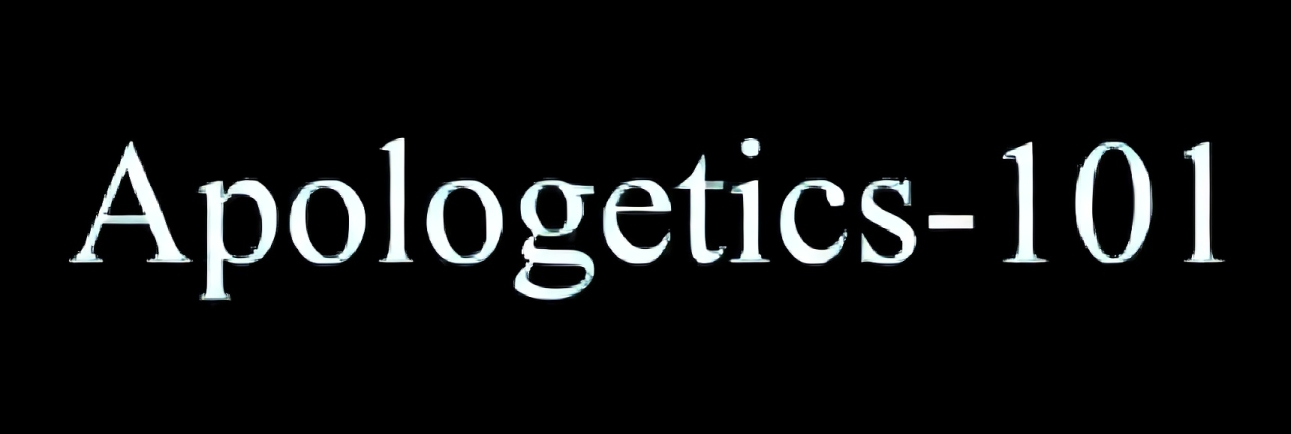Servant Girl as Prospective Wife: Exodus 21:7-11
If a man sells his daughter as a servant [‘amah], she is not to go free as menservants do. If she does not please the master who has selected her for himself [i.e., he refuses to go through with a possible engagement], he must let her be redeemed. He has no right to sell her to foreigners, because he has broken faith with her. If he selects her for his son, he must grant her the rights of a daughter. If he marries another woman, he must not deprive the first one of her food, clothing and marital rights. (Exod. 21:7-11 NIV)
As we’ve seen earlier, this is another example of case law (casuistic law).” Such regulations don’t assume that the described states of affairs are ideal. Case law begins with specific examples that don’t necessarily present best-case scenarios: “if two men quarrel” or “if someone strikes a man” are examples of case law. So the law here instructs Israelites about what should be done. under certain inferior conditions (“If a man sells his daughter…”). But we’ll see that even if conditions are less than ideal, the goal is to protect women in unfortunate circumstances. Later on, we’ll come back to this passage in the context of Israelite servanthood (slavery).
We’re left to wonder: “What kind of father would sell his daughter?” Actu- ally, when a father sells his daughter, he’s doing so out of economic despera- tion, as we’ll see later on in the chapters on servanthood, which is more like contracted employment. In fact, the father is doing this out of concern for his family, and Israel’s laws provided a safety net for its very poorest. Voluntary selling was a matter of survival in harsh financial circumstances. Temporar- ily contracting out family members to employers, who also provided room and board, was the most suitable alternative during hard times. Safety nets shouldn’t become hammocks, and a typical servant tried to work off the terms of his contract and become debt free.
As far as the marriageable daughter goes, a father would do his best to care for her as well. Here, he is trying to help his daughter find security in marriage; the father would arrange for a man with means to marry her.
Some people will argue, “Look, the man has a son. Therefore, he must be married, and so he’s looking into the possibility of getting a second wife, maybe to produce children if his first wife is barren. So we have implicit sup- port of polygamy here, don’t we?”
This conclusion is too quick, however. It goes beyond the evidence. Two obvious options present themselves: (1) the man’s first wife died; or (2) the man and his first wife divorced. Let’s not forget that the son was of marriage- able age-typically, in his twenties (as was the girl). So whether the man takes this young servant woman to be his wife or the wife of his son, we still have no polygamy either way.
Furthermore, this particular passage involves some issues in translation. The Hebrew text of verse 8 indicates that the man decides not to take the servant girl as his wife. In verses 9-10, two other possibilities arise: (1) the man (whether wid- owed or divorced) might give her to his son, or-and this is the tricky part-(2) he “marries another woman.” Some suggest that this is an endorsement of polygamy: the man takes the servant girl and marries another woman in addition. But this is a misreading. We’re already told in verse 8 that the man doesn’t choose to take the servant woman as his wife. In that case, we should understand verse 10 to mean that he marries another instead of the servant woman.
Then what of the “marital rights” the man owes her? Doesn’t this also sound like polygamy here? The problem with the translation “marital rights” (‘onah) is this: it’s a stab in the dark with a term used only once in the Old Testament. Words occurring once can often be tricky to handle, and translators should tread carefully. Some scholars have suggested more likely possibilities. For example, this word could be related to a word for oil (or possibly oint- ments); the servant girl should be sent out with three basic necessities: food, clothing, and oil.
However, an even more plausible rendering is available. The root of the word is associated with the idea of habitation or dwelling (ma on, meʻonah); for example, “God is a dwelling place,” or heaven is God’s holy “dwelling place” (Deut. 33:27; 2 Chron. 30:27). We can more confidently conclude that quarters or shelter (though possibly oil) are in view here, not conjugal rights. So the servant girl should be guaranteed the basic necessities: food, clothing, and lodging/shelter. So we’re not even talking about polygamy here, let alone some implied support of it.
To review, the three issues here are:
- If the man rejects the servant woman as a wife, she is to be given her freedom (redeemed/bought back).
- If his son wants to marry her, she’s to be taken in as a family member and treated as a daughter.
- If the man marries another woman, the servant woman is to receive food, clothing, and lodging.
Although we’ll touch on this passage again (in light of Deut. 15), I think we can set aside the polygamy question as far as Exodus 21 is concerned.
Ref: Is God a Moral Monster..
